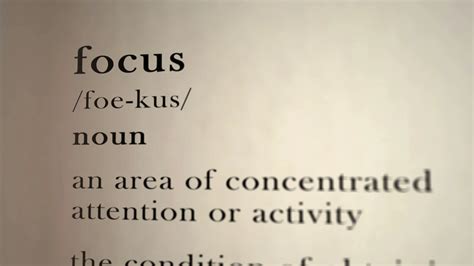Navigating disagreements is an inevitable part of any relationship. For men, developing effective and respectful communication tactics is crucial, not just for resolving conflicts, but for strengthening the bond with their partner. Rather than viewing disagreements as battles to be won, shifting perspective to collaborative problem-solving can transform challenging moments into opportunities for deeper understanding and connection.
Prioritize Emotional Regulation
One of the most powerful tools a man can employ is the ability to manage his own emotions during a heated discussion. When feelings run high, it’s easy to become defensive or aggressive, escalating the conflict. Practical steps include:
- Take a Pause: If you feel overwhelmed, respectfully ask for a short break. Agree on a time to reconvene when both partners are calmer (e.g., ‘I need 15 minutes to collect my thoughts, let’s talk about this again then’).
- Deep Breathing: Simple breathing exercises can lower heart rate and calm the nervous system, allowing for clearer thought.
- Identify Core Feelings: Before speaking, try to pinpoint what emotion you’re truly experiencing – is it anger, hurt, frustration, or fear? Understanding this can help you communicate more precisely.

Practice Active and Empathetic Listening
It’s a common pitfall to listen with the intent to reply rather than to understand. Active listening involves fully concentrating on what your partner is saying, both verbally and non-verbally.
- Listen to Understand: Let your partner finish speaking without interruption. Resist the urge to formulate your rebuttal while they are still talking.
- Paraphrase and Reflect: Show you’ve heard them by rephrasing what they’ve said in your own words. ‘So, if I understand correctly, you’re feeling neglected because I’ve been spending more time at work this week?’ This validates their feelings and clarifies misunderstandings.
- Ask Clarifying Questions: Instead of making assumptions, ask open-ended questions to gain more insight into their perspective and feelings.

Use “I” Statements to Express Your Needs
Blame often fuels conflict. ‘You always…’ or ‘You never…’ statements put your partner on the defensive, making productive conversation impossible. Shifting to ‘I’ statements takes ownership of your feelings and communicates your needs without accusation.
For example, instead of ‘You make me feel unheard,’ try ‘I feel unheard when I’m interrupted, and I would appreciate it if I could finish my thought.’ This approach focuses on your experience and opens the door for your partner to respond with empathy rather than defensiveness.

Focus on the Problem, Not the Person
When disagreements arise, it’s easy to slip into personal attacks or criticisms. A respectful approach keeps the focus squarely on the issue at hand. Remember, you and your partner are on the same team, working together to solve a shared problem, not battling each other.
Discuss the specific behavior or situation that’s causing distress, rather than attacking your partner’s character. ‘The dishes being left out bothers me’ is more constructive than ‘You’re so lazy for never doing the dishes.’

Validate Your Partner’s Feelings, Even If You Don’t Agree
Validation doesn’t mean you agree with your partner’s perspective or that they are ‘right’ and you are ‘wrong.’ It means acknowledging and respecting their emotional experience.
Phrases like ‘I can see why you would feel frustrated about that’ or ‘It makes sense that you’re upset given the situation’ can de-escalate tension significantly. This shows empathy and demonstrates that you care about their feelings, which builds trust and encourages them to listen to your perspective in return.

Building a Foundation of Respect
Mastering these communication tactics requires practice, patience, and a genuine commitment from both partners. For men, embracing these strategies can transform disagreements from destructive clashes into constructive dialogues, fostering deeper connection, trust, and a more resilient relationship. By prioritizing understanding, emotional regulation, and respectful expression, you lay the groundwork for a relationship where conflict is a pathway to growth, not division.



